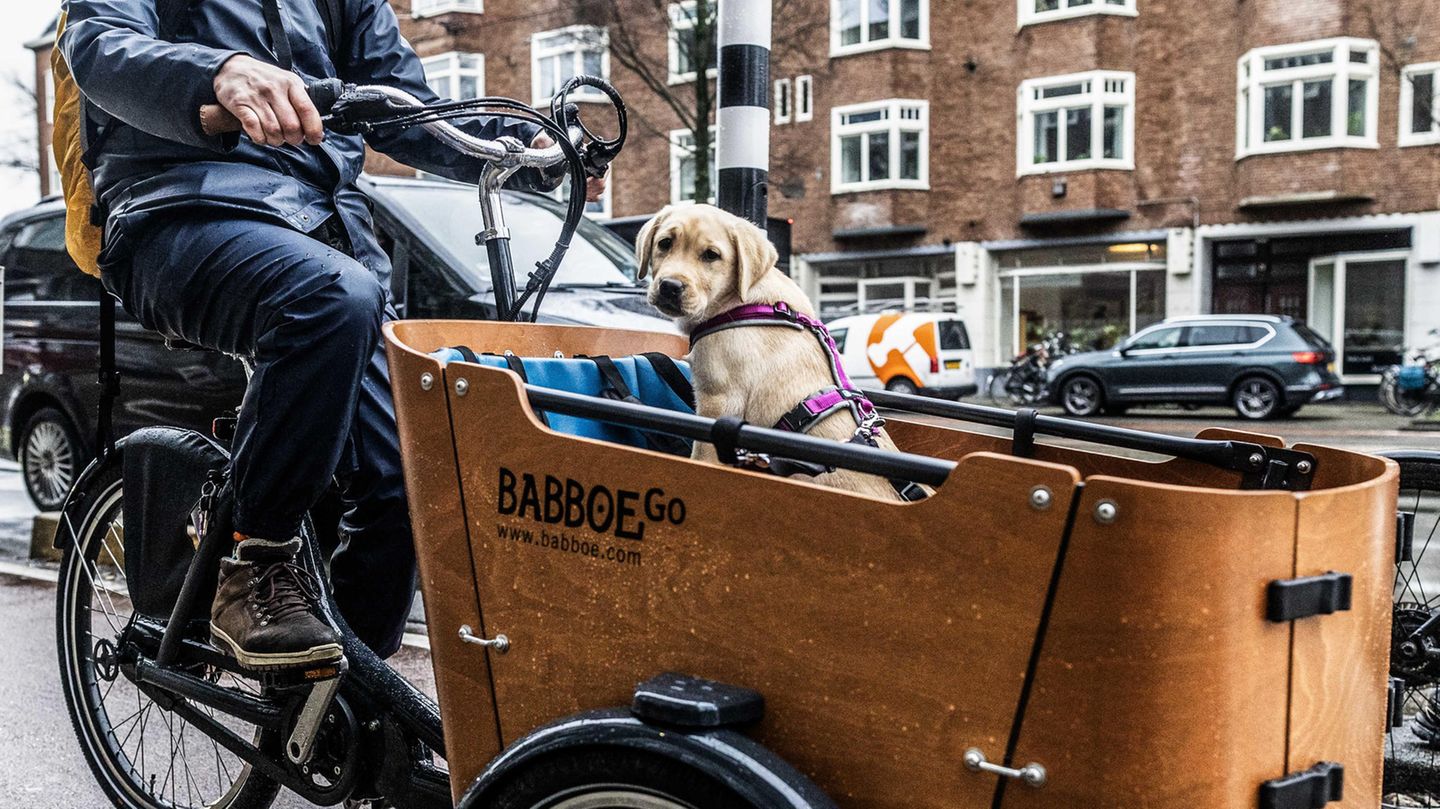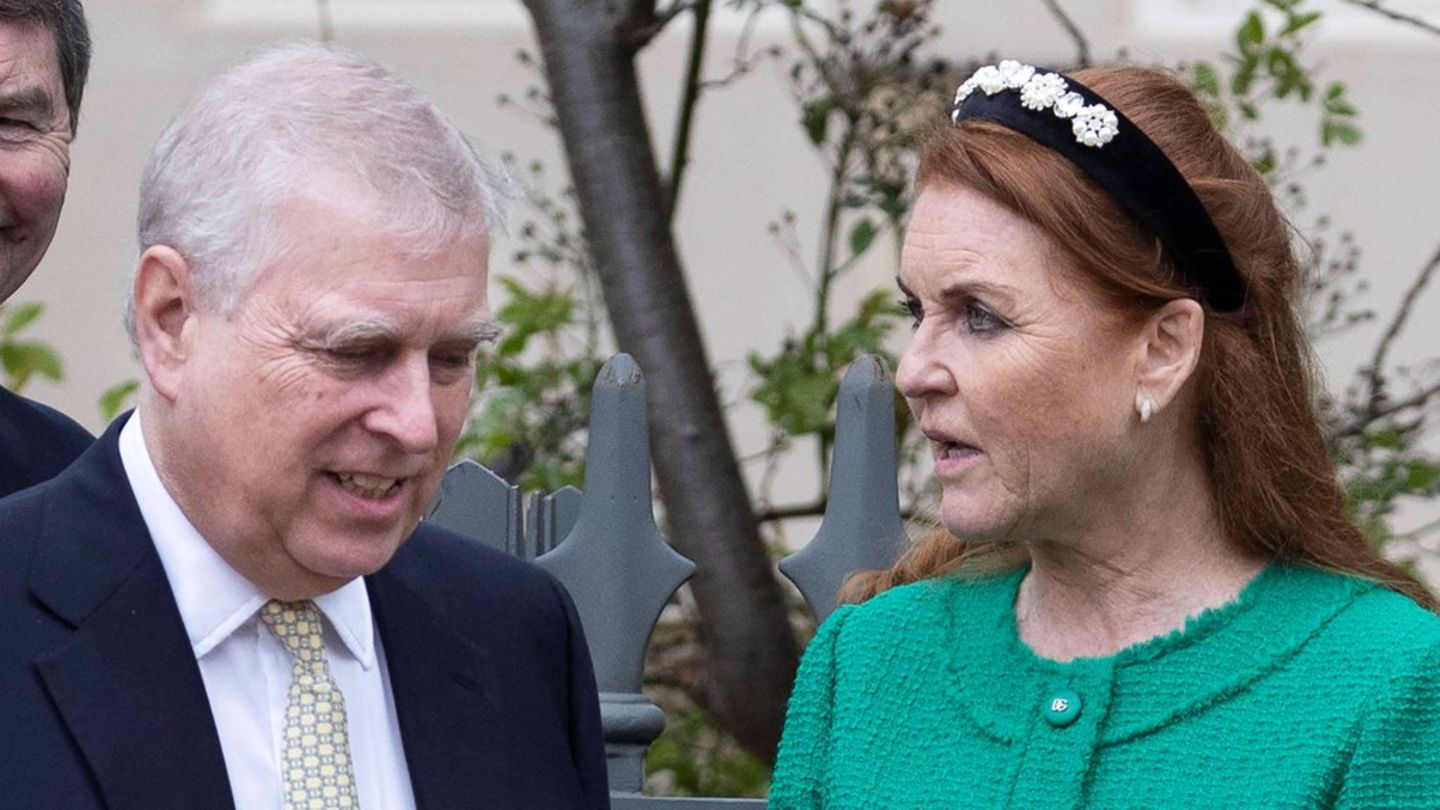Because the bicycle frame can break, there is currently a sales ban on Babboe cargo bikes. The company’s parent holding company is suffering from a tough restructuring program initiated by its owner, the US fund company KKR.
This article is adapted from the business magazine Capital and is available here for ten days. Afterwards it will only be available to read at again. Capital belongs like that star to RTL Germany.
When the American financial investor KKR prepared to take over one of the largest bicycle holding companies in the world two years ago, he spoke of excellent growth prospects. “We want to further develop the Netherlands as a world center for cycling and expand the leading position in the European electric bicycle market,” explained KKR partner Daan Knottenbelt in the course of the almost 1.6 billion euro offer for the bicycle manufacturer Accell Group.
Renovate, fillet, sell – the business model that is often said of private equity firms did not seem to be the case here. After all, the bicycle market was in the middle of a boom as the corona pandemic ended. Demand for e-bikes and cargo bikes, both specialties of Accell Group brands, continued to increase.
But now the bicycle market has changed. Accell is one of the problem investments of KKR, the investor who is known in Germany for its stake in Axel Springer. At the beginning of this year, the American fund investor imposed tough austerity measures on the bicycle holding company, which would result in the elimination of almost half of the jobs at the company’s headquarters in Heerenveen.
Now, in addition to the painful conversion, another problem has arisen: the Accell brand Babboe, which is known for expensive cargo bikes, has stopped selling its cargo bikes for the time being – due to the risk of breakage in the bike frames. The stop only came about under pressure from the Dutch consumer protection authority. The loss of reputation and sales for the brand are likely to be huge.
Pressure from KKR to save?
At first glance, it seems reasonable to assume that there is a connection between the pressure to save money from financial investors and the problems at Babboe. It would not be the first time that decisive cost management by private equity firms has affected a quality product from one of their investments.
However, it is largely ruled out that there is a direct connection: According to the consumer advocates’ report, the first problems with Babboe frames occurred in 2019 – long before KKR got involved. However, Babboe has also been accused of a slow response to complaints. In the end, the manufacturer let the time until the official order pass instead of taking action itself.
In principle, it cannot be ruled out that delayed complaint management and slow reactions to such a sensitive issue as quality assurance are due to holding structures, company restructuring and pressure to save money. However, there is no concrete evidence of this in this case yet.
Two holding companies are shaking up the bicycle industry
Consolidation and corporate structures are relatively new phenomena in the bicycle industry. Traditionally, bicycle brands are often owner-managed; production, sales and brand management are often controlled from a single source. There are two Dutch holding companies that have brought movement into the scene in recent years.
On the one hand, there is the family-run Pon Holdings. Among other things, it grew up as an importer of VW Beetles and has been buying bicycle brands across Europe since 2012, including Gazelle, Urban Arrow, Cannondale, Schwinn, Kalkhoff and Rixe. The other is the Accell Group, which includes Batavus, Sparta, Raleigh and Winora. For a long time, the group was on a steep upward trend: it drove sales from 538 million euros in 2008 to 1.4 billion in 2022.
In 2017, Pon Holdings even wanted to take over the Accell Group and use it to form the world’s largest bicycle manufacturer. The takeover for 845 million euros failed, Accell remained listed and then five years later went to KKR for almost twice as much. The new owners later had to write off part of the hefty purchase price. In 2022 they took Accell Group off the stock exchange.
But Pon has developed better than the competition even without the acquisition – in terms of market share and rate of growth. The crisis, which is characterized by price pressure, overfull warehouses and declining demand, especially in boom segments, appears to be hitting Accell particularly hard.
A report from the rating agency Fitch from December read dramatically. At that time, the valuation experts downgraded the bicycle company’s creditworthiness for the third time in a row. The capital structure is “unsustainable” and the company is “vulnerable to payment defaults”. Referring to the overflowing warehouses, the analysts wrote: “The latter factor is likely to force most manufacturers, including Accell, to offer aggressive discounts in 2024.” Although KKR later injected additional money, the owner has not yet found a strategic answer to the crisis.
Production goes to Hungary and Türkiye
Now the austerity measures and renovations should take care of it. Functions are to be centralized and part of production will be relocated from Western Europe to Hungary and Turkey. This also affects the Bavarian brand Ghost, where 83 of around 200 employees have to leave. The cargo bike company Babboe is also at the center of the conversion.
KKR brought in Tjerd Jeegen from the German textile discounter Takko as its new CEO last fall. The manager has a reputation as a shrewd cost manager. The financial investors installed former Henkel and Adidas boss Kasper Rorsted at the top of the supervisory board. He also earned a reputation as a renovator – at least at the beginning of his career. But now they first have to address the quality and image problems with one of their most promising brands.
Source: Stern




